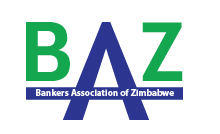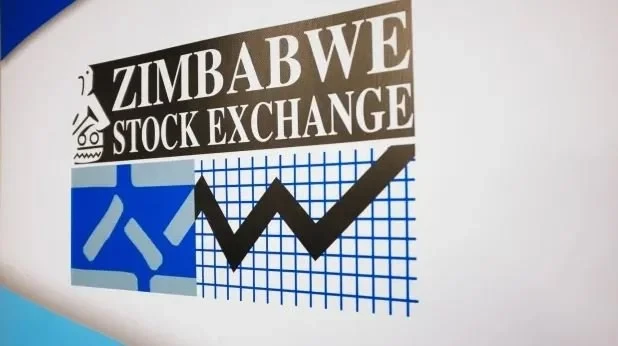
BANKERS have called on government to expedite its debt and arrears clearance programme, as financial institutions are slowly running out of domestic and foreign liquidity.
In June, the Zimbabwe National Chamber of Commerce noted that its members were experiencing challenges in accessing foreign currency from the banks in exchange for the new currency Zimbabwe Gold (ZiG) as the financial institutions were reporting having depressed liquidity.
This is largely as a result of a hawkish monetary policy stance by the central bank and tight fiscal thrust by Treasury to contain the money supply growth.
“Announced measures are in the right direction and there is a need to expedite the arrears clearance, deepen measures to support the local currency and continue to increase the attractiveness of formalisation of operations,” Bankers Association of Zimbabwe (Baz) said in an analysis of the recent 2024 Mid-Year Budget Review Statement.
“Baz actively and continuously engages with the fiscal authorities, including providing input to the fiscal policy, attendant policy reviews and budget strategy papers.”
Senior bankers have already confirmed that they are running dry on liquidity which forced the central bank to intervene, announcing an injection of US$50 million into the interbank foreign exchange market last week.
This injection would be guided by the obtaining pipeline demand at banks as of July 25, according to the central bank.
High levels of national debt often lead to increased government borrowing, which can drive up interest rates as government competes with the private sector for available funds.
- Directors’ governance plan gets Central Bank nod
- Directors’ governance plan gets Central Bank nod
- Zimdollar shortage hits the country
- BAZ, govt in fresh talks over bank charges
Keep Reading
This can increase the cost of borrowing for banks, affecting their profitability.
According to Treasury, the total gross Treasury Bills issuance for budget financing for the period January to June 2024 amounted to ZiG1,77 billion (ZiG1,11 billion and US$56,4 million) against a target of ZiG2,3 billion.
“The private sector environment in Zimbabwe has been challenging for many reasons, but absence of long-term capital and limitations to international financing ranks high. Investment has been low and credit to the private sector was estimated at 8,8% in 2022, an improvement from 6,79% of GDP [gross domestic product] in 2021 and 5,9% of GDP in 2019,” the African Development Bank said, in its new country focus report titled, Driving Zimbabwe’s Transformation: The Reform of the Global Financial Architecture.
“According to World Development Indicators, FDI [foreign direct investment] net inflow was estimated at 1,2% of GDP in 2022, down from 0,7% of GDP in 2020. For instance, domestic pricing for US dollar loans from local banks ranges from 16%-18% and with tenors of about one year.”
Banks often hold substantial amounts of government bonds as part of their investment portfolios which is the case for most domestic banks as the government has had to look inward to source financing.
Typically, if national debt levels become unsustainable, the perceived risk of government debt securities may increase, leading to a decline in their market value and negatively impacting the banks’ balance sheets.
High national debt can also affect the overall economic environment, influencing banks’ lending activities.
“It is advisable for Treasury to closely manage growth in debt by considering alternative sources for funding deficits, including disposal of assets. Debt restructuring is highly recommended,” Reserve Bank of Zimbabwe’s Monetary Policy Committee member Persistence Gwanyanya said.







